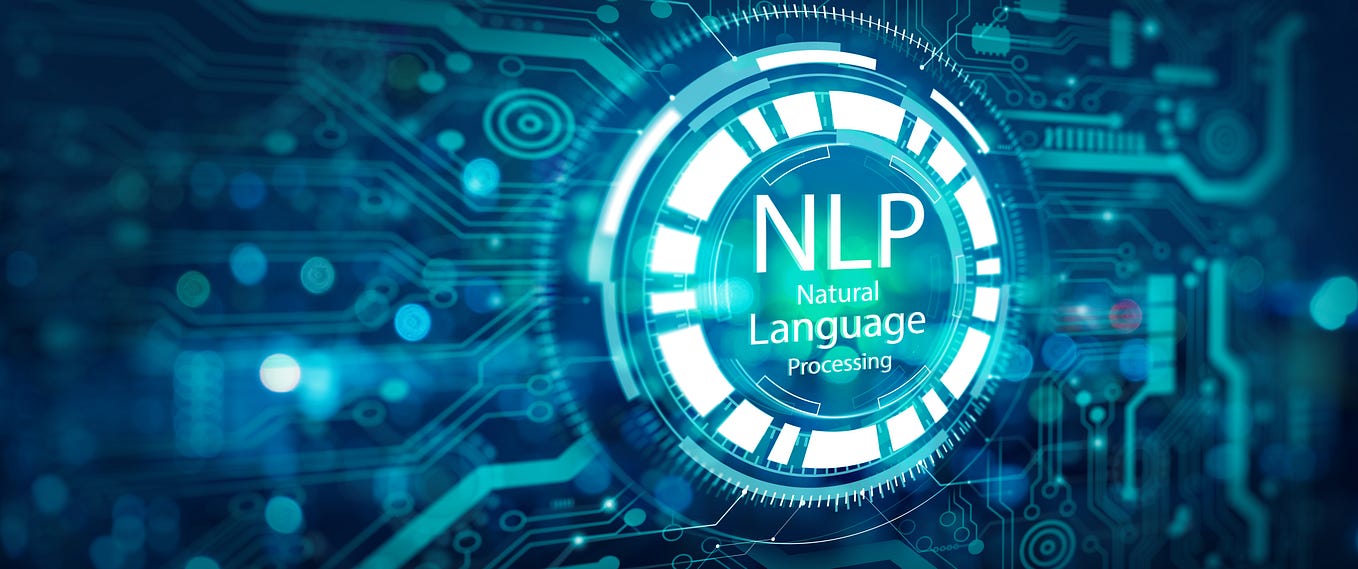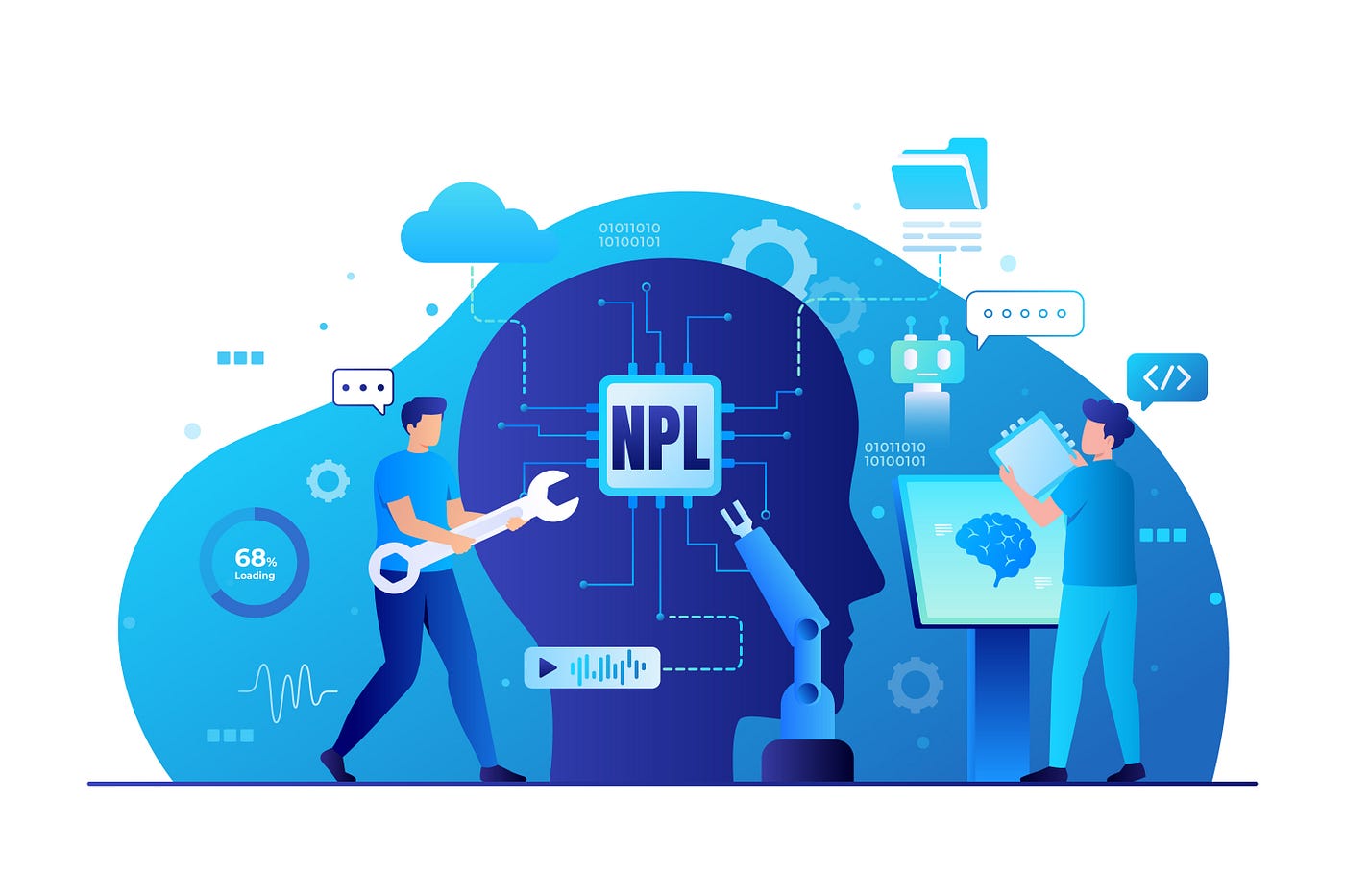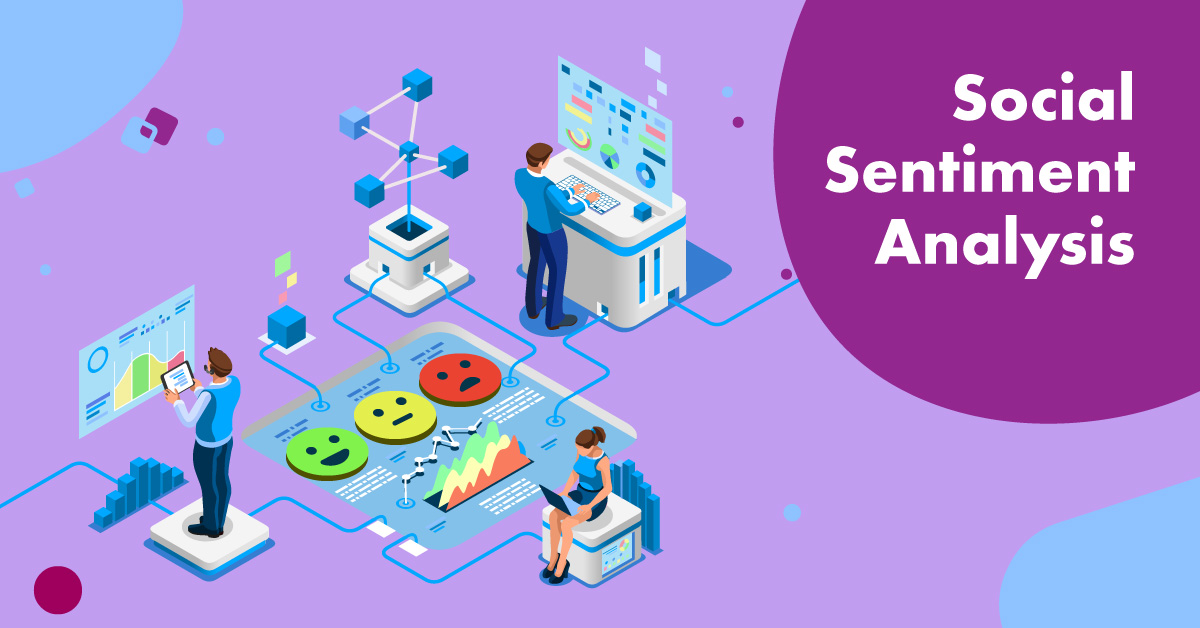In the contemporary landscape of technology, Artificial Intelligence (AI) has emerged as a transformative force, revolutionizing various domains of human endeavor. Among the myriad applications of AI, Natural Language Processing (NLP) stands out as a remarkable achievement, enabling machines to comprehend, analyze, and generate human language with increasing sophistication. In this comprehensive exploration, we delve into the multifaceted realm of AI in Natural Language Processing, tracing its evolution, examining its applications, and contemplating its implications for society at large.
Unraveling Natural Language Processing

Natural Language Processing constitutes a branch of AI concerned with the interaction between computers and human language. Unlike structured data, which computers readily process, human language presents a complex and dynamic system fraught with ambiguity, nuance, and cultural context. NLP algorithms empower machines to decipher this linguistic complexity, facilitating tasks such as sentiment analysis, language translation, document summarization, question answering, and more.
Evolutionary Trajectory of AI in NLP
The genesis of AI in NLP can be traced back to the early endeavors of computational linguists and cognitive scientists in the mid-20th century. Milestones such as the development of the first language parsers and machine translation systems laid the groundwork for subsequent advancements. However, it wasn't until the advent of machine learning techniques, particularly neural networks and deep learning architectures, that NLP experienced a renaissance.
In recent years, breakthroughs in deep learning, fueled by the availability of vast amounts of data and computational resources, have propelled NLP to unprecedented heights. Models like Word Embeddings, Long Short-Term Memory (LSTM) networks, and Transformer architectures have revolutionized the field, enabling machines to grasp semantic nuances and syntactic structures with remarkable accuracy.
Pervasive Applications Across Diverse Sectors
The applications of AI in NLP span a broad spectrum of industries and domains, reshaping the way we interact with technology and each other. In the realm of healthcare, NLP facilitates clinical documentation, electronic health record analysis, and medical transcription, streamlining workflows and improving patient care. In finance, sentiment analysis algorithms mine vast troves of textual data to gauge market trends, inform investment decisions, and manage risk.

Furthermore, in customer service and e-commerce, chatbots and virtual assistants powered by NLP enhance user experiences, providing personalized recommendations, resolving queries, and automating routine tasks. Legal professionals leverage NLP for contract analysis, case law research, and due diligence, augmenting their capabilities and efficiency in an increasingly digitized legal landscape.
Challenges and Ethical Considerations
Despite its transformative potential, AI in NLP confronts a myriad of challenges and ethical considerations. Bias in training data, algorithmic transparency, and privacy concerns loom large, raising questions about fairness, accountability, and the equitable distribution of benefits and risks. Moreover, the proliferation of misinformation and deepfake technology underscores the need for robust mechanisms to detect and mitigate malicious uses of NLP.
As AI systems become increasingly autonomous and pervasive, the imperative for interdisciplinary collaboration, regulatory oversight, and ethical stewardship becomes all the more pressing. Initiatives aimed at promoting transparency, accountability, and algorithmic fairness are essential to fostering trust and ensuring that AI in NLP serves the collective good.
Charting a Course for the Future
In charting the course for the future of AI in NLP, a holistic and inclusive approach is paramount. Beyond technological innovation, the cultivation of ethical literacy, cultural sensitivity, and socio-economic awareness is indispensable. Collaborative efforts across academia, industry, government, and civil society are essential to harnessing the potential of NLP for positive social impact.
Moreover, investments in education, research, and infrastructure are imperative to democratizing access to NLP technologies and fostering a diverse ecosystem of talent and innovation. By prioritizing principles of equity, inclusivity, and human-centered design, we can steer the trajectory of AI in NLP towards a future that enriches human lives and advances the collective welfare of society.
Embracing the Promise of AI in NLP
In conclusion, AI in Natural Language Processing holds immense promise as a catalyst for innovation, empowerment, and societal progress. As we navigate the complexities and uncertainties of an AI-driven world, let us remain steadfast in our commitment to ethical principles, human dignity, and the pursuit of common good. By harnessing the transformative potential of AI in NLP responsibly and inclusively, we can pave the way for a future where technology serves as a force for positive change and collective flourishing.
This extended exploration illuminates the transformative power of AI in Natural Language Processing and underscores the imperative of ethical stewardship and responsible innovation in shaping its trajectory. As we stand at the threshold of a new era of human-machine interaction, let us embrace the promise of AI in NLP as a tool for advancing knowledge, fostering understanding, and enriching the human experience.
For more information contact : support@mindnotix.com
Mindnotix Software Development Company


 AI-Taxi App
AI-Taxi App AI-Food App
AI-Food App AI-Property Mgmt App
AI-Property Mgmt App AI-CRM
AI-CRM AI-Fantasy App
AI-Fantasy App
 Web Development
Web Development App Development
App Development Business & Startup
Business & Startup Hire Developer
Hire Developer
 Digital Marketing
Digital Marketing Lead-generation
Lead-generation Creative Agency
Creative Agency Branding Agency
Branding Agency Augmented Reality
Augmented Reality Virtual Reality
Virtual Reality Internet of Things
Internet of Things Artificial Intelligence
Artificial Intelligence Blockchain
Blockchain Chatbot
Chatbot



